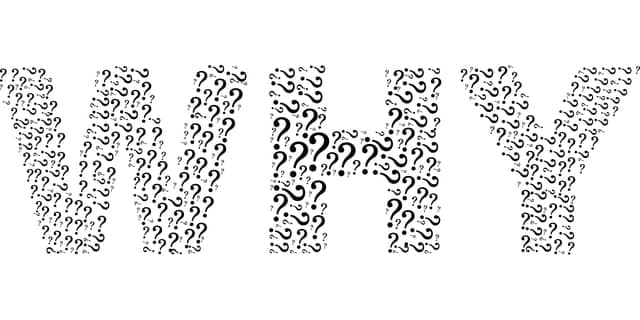Why is it called irony? The term irony is commonly used to describe a situation where the opposite of what is expected occurs. The word itself has its roots in Greek literature, specifically in the character Eiron. Eiron was a comic character who represented the underdog and was known for his cleverness. He repeatedly outsmarted the boastful character Alazon, who represented the arrogant and overconfident.
Why is it called irony? (Answer)
The concept of irony has evolved over time and has taken on different meanings and forms. One form of irony that is often discussed in literature is dramatic irony, where the audience knows something that the characters on stage do not. This type of irony creates a sense of tension and anticipation as the audience waits for the characters to discover the truth.
Another form of irony is situational irony, where the outcome of a situation is the opposite of what was expected. For example, a fire station burning down would be considered situational irony.
The Socratic irony of the Platonic dialogues is another form of irony that derives from the comic origin of Eiron. Socratic irony involves a speaker pretending to be ignorant or uninformed to elicit information from their interlocutor. Socrates used this technique in his philosophical debates with others, where he would ask seemingly innocent questions to reveal contradictions in their arguments.
What are the types of irony?
There are three main types of irony: verbal irony, dramatic irony, and situational irony. Verbal irony occurs when someone says the opposite of what they actually mean, often to convey sarcasm or humor. Dramatic irony occurs when the audience or reader knows something that the characters do not, leading to a sense of tension or anticipation. Situational irony happens when there is a contrast between what is expected to happen and what actually happens in a situation, often resulting in unexpected outcomes or twists. These different forms of irony add depth and complexity to storytelling, allowing for nuanced social commentary and engaging narratives.
What does irony mean definition?
Irony, in its simplest definition, refers to the use of words that convey a meaning contrary to what is actually intended. It involves a deliberate and often humorous reversal of expectations or outcomes. This literary device allows writers and speakers to express ideas indirectly, employing sarcasm or mockery to emphasize the disparity between what is said and what is meant. Irony highlights the contradiction between appearance and reality, leading to unexpected twists that engage readers or listeners by challenging their assumptions and provoking thought.
Conclusion
In conclusion, irony is rooted in Greek literature, specifically in the character Eiron. The use of irony has evolved over time, taking on different meanings and forms in literature and everyday language. The Socratic irony of the Platonic dialogues is a prime example of how irony can be used to challenge and reveal inconsistencies in arguments.
